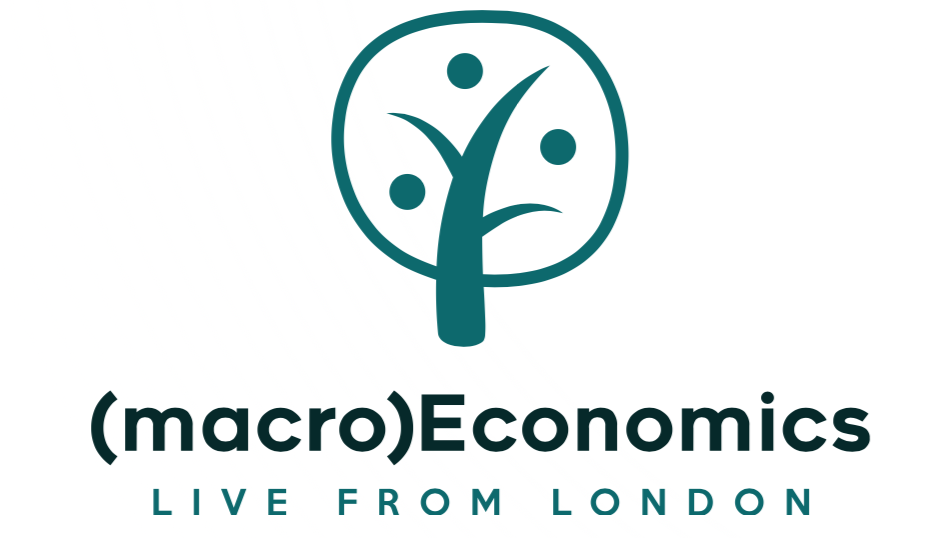 On March 23-24, 2018, I attented the Tenth Conference of the International Research Forum on Monetary Policy, Washington.
On March 23-24, 2018, I attented the Tenth Conference of the International Research Forum on Monetary Policy, Washington.
The conference was organised by Klaus Adam (University of Mannheim and EABCN), Matthew Canzoneri (Georgetown University and GCER), Günter Coenen (European Central Bank) and Christopher Erceg (Federal Reserve Board).
I have presented my new work with Paul Beaudry, “Real Keynesian Models and Sticky Prices“.
The program of the conference was:
Tenth Conference of the International Research Forum on Monetary Policy
Program
March 23-24, 2018
Sponsored by the Euro Area Business Cycle Network (EABCN),
the European Central Bank (ECB), the Federal Reserve Board (FRB), and
the Georgetown Center for Economic Research (GCER) at Georgetown University.
Session I: Monetary Policy Transmission and Bank Profitability
The “Reversal” Interest Rate: An Effective Lower Bound for Monetary Policy
Markus Brunnermeier* (Princeton) and Yann Koby (Princeton)
Discussant: Emmanuel Farhi (Harvard)
Monetary Policy and Bank Profitability in a Low Interest Rate Environment
Carlo Altavilla* (European Central Bank), Miguel Boucinha (European Central Bank) and Jose-Luis Peydro (Pompeu Fabra)
Discussant: Matteo Iacoviello (Federal Reserve Board)
Banking on Deposits: Maturity Transformation without Interest Rate Risk
Itamar Drechsler (NYU-Stern), Alexi Savov (NYU-Stern) and Philipp Schnabl* (NYU-Stern)
Discussant: John Driscoll (Federal Reserve Board)
Session II: Frictions and their Economic Consequences
Forward Guidance without Common Knowledge
George-Marios Angeletos* (MIT) and Chen Lian (MIT)
Discussant: Bartosz Mackowiak (European Central Bank)
Productivity and Misallocation in General Equilibrium
David Baqaee* (London School of Economics) and Emmanuel Farhi (Harvard)
Discussant: Gauti Eggertsson (Brown)
Panel Discussion – “Waning Support for Globalization: Economic Causes and Consequences”
Moderator
Caroline Freund, World Bank
Panelists
Charles Bean, London School of Economics
Barry Eichengreen, University of California, BerkeleyDoug Irwin, Dartmouth
Maury Obstfeld, International Monetary Fund
Dinner and Keynote Speech (at Georgetown Faculty Club)
Eric Rosengren, President and CEO of the Federal Reserve Bank of Boston
Session II (continued): Frictions and their Economic Consequences
Real Keynesian Models and Sticky Prices
Paul Beaudry (University of British Columbia) and Franck Portier* (University College London)
Discussant: Behzad Diba (Georgetown)
Financial Vulnerability and Monetary Policy
Tobias Adrian (International Monetary Fund) and Fernando Duarte* (FRB-NY)
Discussant: Juliane Begenau (Stanford-GSB)
Session III: Monetary Policy Uncertainty and its Effects
Monetary Policy Uncertainty
Lucas Husted (Columbia University), John Rogers (Federal Reserve Board) and Bo Sun * (Federal Reserve Board)
Discussant: Michael Ehrmann (European Central Bank)
Lunch with Keynote Speech
Philip Lane, Governor of the Central Bank of Ireland and Member of the Governing Council of the European Central Bank
Session IV: Monetary Policy with Heterogenous Agents
Monetary Policy with Heterogenous Agents: Insights from TANK Models
Davide DeBortoli* (CREI and Pompeu Fabra) and Jordi Galí (CREI and Pompeu Fabra)
Discussant: Jesper Lindé (Riksbank)
Optimal Monetary Policy with Heterogenous Agents
Galo Nuno* (Bank of Spain) and Carlos Thomas (Bank of Spain)
Discussant: Vincent Sterk (University College London)End of Conference

